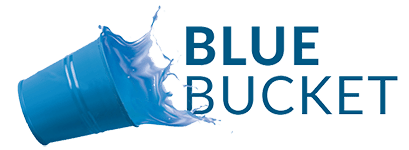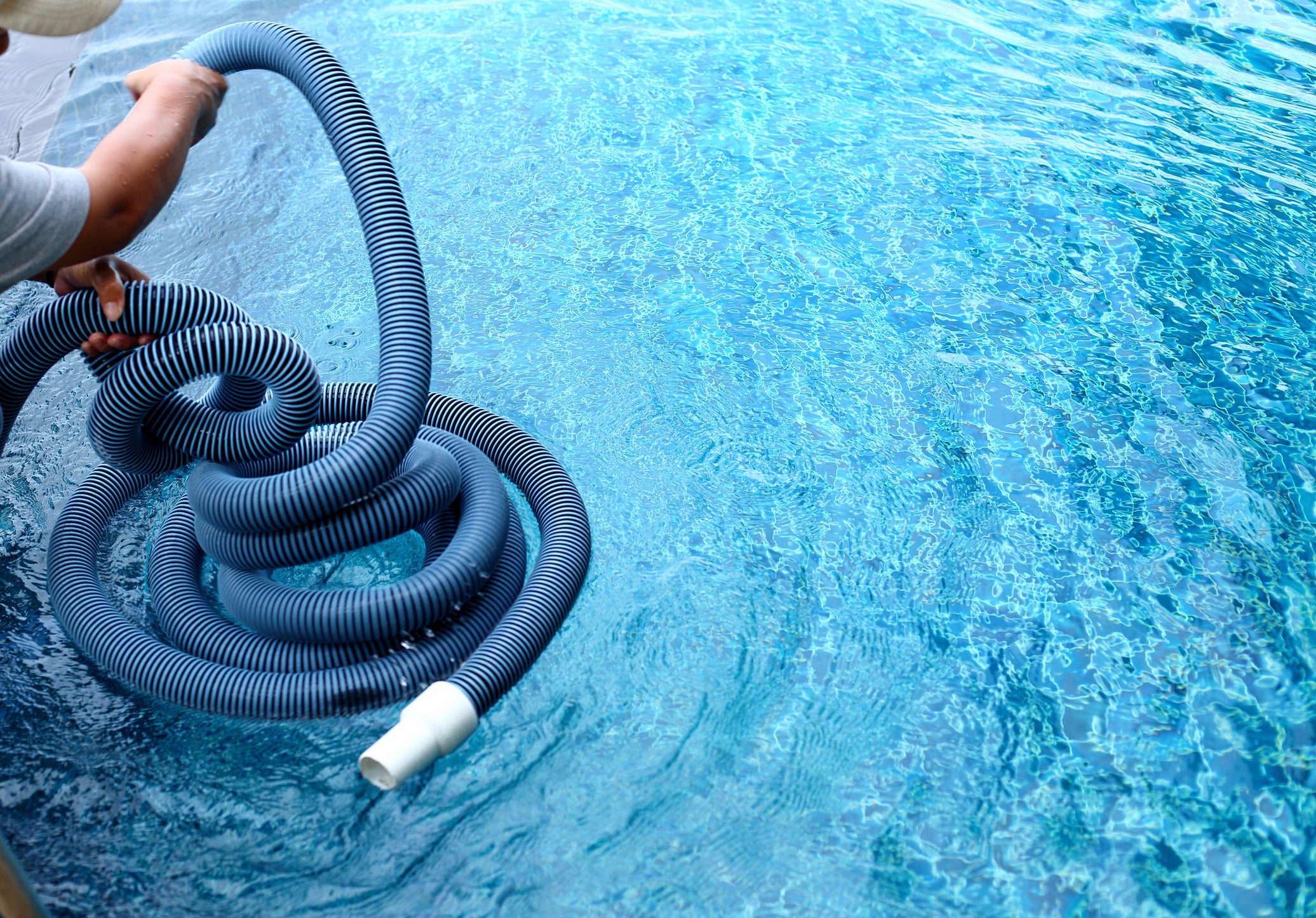There’s a new breed of energy efficient pool pumps and low voltage automatic cleaners that make looking after pools a lot easier and cheaper than simply adding a high-power pump and floor cleaning system at time of installation.
Blue Bucket takes a look at the different types of technology available to both clean the debris from the water but also increase circulation to kill the nasties growing in it.
Suction pool cleaner
Suction cleaners use a traditional pump and filtration to do all the hard work. Generally hooked into the filtration via the skimmer box or a wall suction, suction cleaners rely on the flow of water back to the pump to ensure clean water is discharged back to the pool via a filter.
Suction cleaners are generally random in their approach to cleaning the pool, led primarily by the direction the pool hose is facing and by patterned gears in the drive systems depending on the model you choose.
Often susceptible to gear drive wear and tear due to small particles, gum nuts, twigs and pool toys getting caught in the systems, suction cleaners are a great product but requiring regular maintenance to ensure a consistent result.
Automatic or Electric pool cleaner
Automatic/Electric cleaners don’t require the pools pump and filter combination to provide the flow for cleaning. Electric cleaners often run on a small 24 volt at 180 watts, which means, they are highly efficient in comparison to suction cleaners. They’re also great for pools with high levels of debris like leaves and sticks. Electric cleaners can scan the pool and assess where it’s already cleaned and is yet to clean. This leads to a more consistent approach to pool maintenance. With the small but powerful electric motor turning high flow rates, the pool’s water is still being turned and its heat and chlorine evenly distributed.
The down-side to automatic and electric cleaners is the filtration rate and small size of the debris canisters. The small unit can have difficulty picking up dust and fine particles that often fall to the bottom of the pool. This is something that a suction cleaner will manage quite well. However, the small particles are put into suspension and can be picked up by the filter at a later stage in the pool cleaning cycle.
We always recommend that the electric cleaner is turned on during a filtration cycle to ensure all avenues are covered.
In Floor pool cleaner
In floor cleaning is the ultimate in cleaning systems for your pool but it does come at a cost. Most pool builders will charge upwards of $8,000 to supply and install a system depending on your pool size, but generally, you’ll also need a second dedicated 400lpm pump that often runs at 1500-2000 watts chewing through your power bill. Additionally, these can only be installed at the time your pool is being built.
There are various different types of in floor systems and even one that can be run on low flow pumps and Venturi technology, however once again, it’s only available at the time of installation of the pool.

